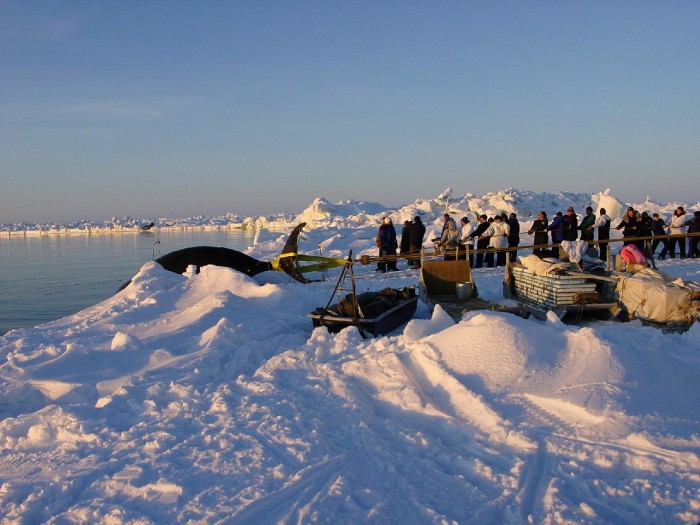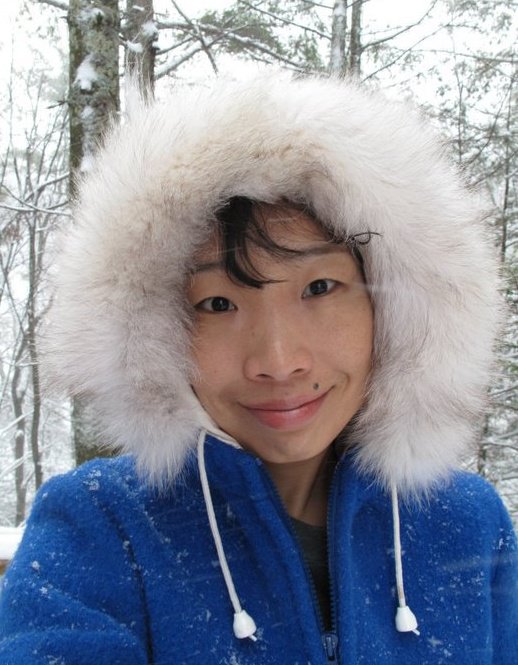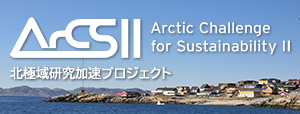Dr. Chie Sakakibara, Assistant Professor from Oberlin College of Arts & Sciences, is going to present a lecture on Inupiat, indigenous people in Alaska. See the followings for the detailed information. This event is open to the public.
Title:
Singing for the Whales: Environmental Change and Cultural Resilience among the Inupiat of Arctic Alaska
Lecturer:
Chie Sakakibara – Assistant Professor, Department of Environmental Studies, Oberlin College of Arts & Sciences
Date:June 21, from 6 pm
Venue: Center for Ainu & Indigenous Studies, Hokkaido University
Abstract
Chie Sakakibara, Ph.D.
Research on the human dimensions of global climate change needs to examine the way vulnerable populations confront uncertainty through cultural practices. This is a vital point for indigenous peoples around the world but particularly for those in the Arctic region where the effects of climate change are most dramatic. The Iñupiat of Arctic Alaska are especially susceptible to environmental change because they rely on sea ice to hunt the bowhead whale. Many Iñupiat identify themselves as the “People of the Whales,” and the body of the bowhead has sustained their physiology at the same time it has nurtured cultural meaning and lifeways. The bowhead remains central to Iñupiaq life and culture through the hunting process, the communal distribution of meat and other body parts, associated ceremonials, and other events that sustain well-being; what I call the Iñupiaq whaling cycle. Currently, climate change increases environmental uncertainties that both threaten and intensify human emotions tied to whales by influencing the bowhead harvest and the security of the Iñupiaq homeland. This emotional intensity is revealed in the prevalence of traditional and newly invented whale-related events and performances, the number of people involved and the frequency of their activities, and the commitment with which they participate. In this presentation, I illustrate how collective uncertainty about future environmental conditions is expressed and managed in Iñupiaq practices, and by extension, how deeply climate change penetrates the cultural core of Iñupiat society. In so doing, I will demonstrate how Iñupiat reinforce their cultural relationship with the bowhead whale to better cope with an unpredictable environment and future. This research suggests that vulnerable populations confront environmental uncertainty by reaffirming their cultural identities and traditions.










